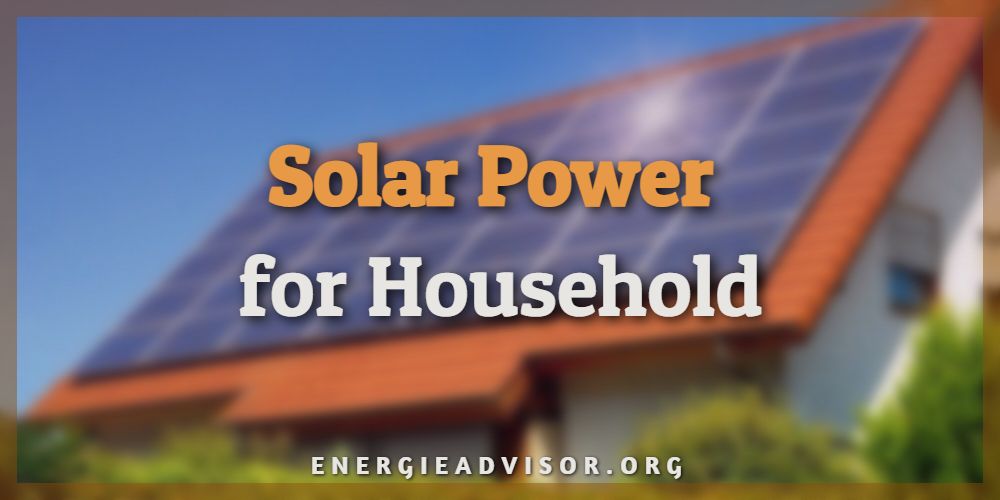There’s no doubt that installing solar panels for a household will bring you some great benefits, like the fact you will be able to save money on electricity bills, or that you will be doing your part when it comes to protecting the environment.
But the question is – will this investment pay off, and is solar power worth it? The truth is – it depends on how you do your financial calculation. There are some great choices we can make in order to turn this project into an affordable and acceptable one for many people.
Photovoltaic Solar Power
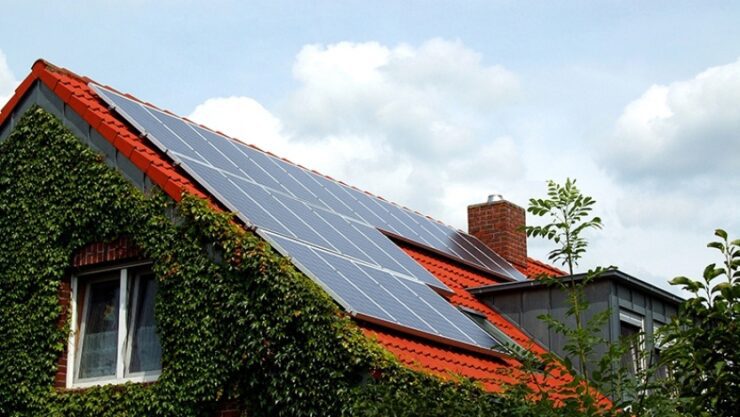
Photovoltaic solar technology has been part of our reality for more than 70 years now, but in the beginning, it was way too expensive to be used for commercial purposes. Nowadays, it’s widespread thanks to the fact that solar module prices have declined. Here is what you need to know about PV solar panels if you plan on using them for your household as a power supplier.
In order to assess the capacity and overall cost of the solar project, you need to take into consideration the theoretical electrical output potential of solar panels. But bear in mind that their actual output, known as a capacity factor, is somewhere between 10 and 20 percent of their theoretical output, even when we talk about the best solar panels.
So if you want to get a picture of what the consumption of your household would be, you will have to multiply the number of kilowatt-hours of your solar system with the capacity factor, 24 (hours a day) and 365 (days in a year). But not everything is so black and white in a world of solar systems. There are some practical and financial aspects that can affect the solar system outcome tremendously.
Costs
The usage of solar systems won’t cost you a thing, but you will have some significant expenses at first when buying and installing the construction. The thing that costs the most is definitely the solar module, but you will also have to purchase several other items, like an inverter that can transform the DC into usable AC, then metering equipment if you want to establish how much power your system produced, and some other installation components.
Besides that, there is a question of whether or not you should buy battery storage. Now, you should know that this is quite an expensive part that’s necessary if you want your system to be an off-grid one, but if you prefer to be connected to the grid, you definitely don’t need to purchase it – it would be the waste of money. And on top of all that, there’s an installation labor cost you need to factor in as well.
Now, even though you will get electricity generated from the sun for free, you will have some expenses for maintaining your PV solar system if you want your solar panel efficiency to be at the top level. You need to bear in mind that some parts will have to be replaced after several years, and there’s the factor of keeping your solar panels always clean.
Benefits
1. Size and Location of Solar Panels
Solar panels for homes are great for many reasons. The first one is – you will have low energy bills. But how much you will have to pay depends on several factors. There is the question of how big of a solar system you have, and how much solar power for a household it can produce.
If it can cover all your utilities, you are a lucky man. The other thing this depends on is how your utility charges for electricity if you are connected to the grid.
Also, you need to consider your geographic location – the closer you are to the equator, the better. The National Renewable Energy Laboratory has a map that shows solar irradiation levels, so you can use their data and information to see how much solar power you can count on at your specific location.
The other thing that’s important in this matter is the orientation of your house and your roof if the solar construction is placed at it. It would be better if it’s facing south, and if there are no obstacles between your solar panel’s housing and other buildings or trees that can create shade.
2. The Timing
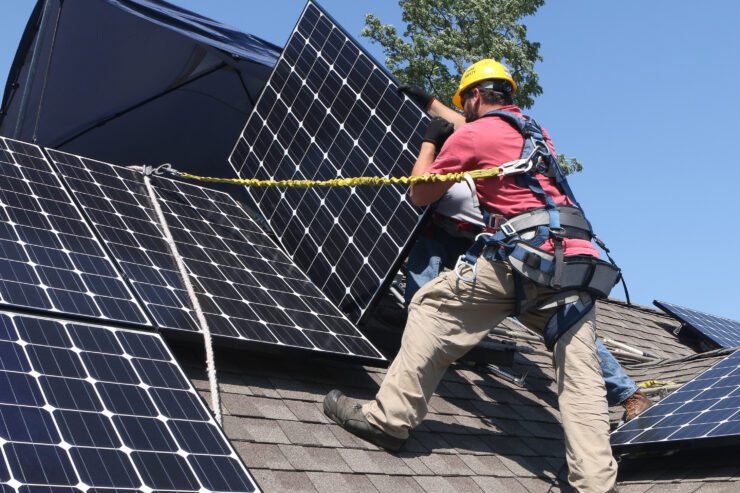
The timing of solar production is also an important factor to bear in mind when thinking about solar panel investment. The generation of solar power happens primarily during the summer and in the afternoon hours when the sunlight is strongest, and that’s great given that you will be using air conditioning at that time mostly.
This device consumes a large amount of energy, which means you will significantly lower your electricity costs if using solar energy, rather than some other traditional source of power that tends to be more expensive.
Now, many utility companies in the United States have different pricing rates that should reflect the actual cost of electricity production at different times. That usually means the lower rates are at night, and the highest ones are in the afternoon.
If you think about it, you will conclude how great that is because, as an owner of a solar-powered home, you will be producing the majority of solar power at that exact time when the electricity is the priciest.
3. Excess Energy
There is another great benefit if you have an on-grid solar system – you can sell all excess energy generated by solar panels to a local utility company.
We are mainly talking about net metering that will allow you to compensate for the electrical energy you used in times when your solar system cannot provide you with enough electricity, with the energy you put into the grid when your system produces more than you need.
4. Home Value
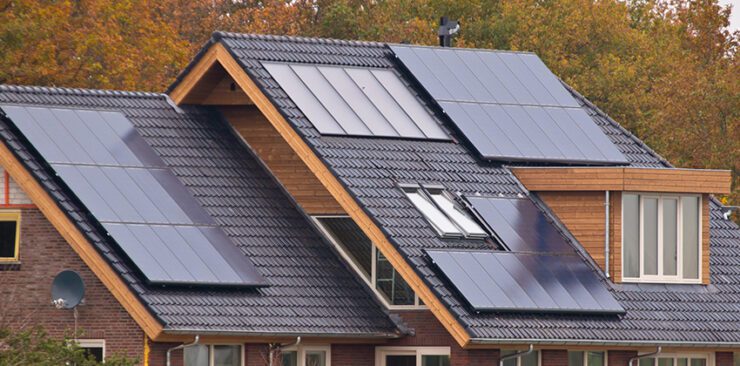
You need to be aware that the fact you own a working solar system can only raise the value of your property. So if you wonder are solar panels a good investment, the answer should be pretty clear to you.
First of all, future homeowners will have the financial benefit given solar installation will regularly provide them with energy, and they will have lower electricity bills. And the other thing is that green living is a trend that’s becoming bigger every day, and the demand for houses that have a smaller carbon footprint is rising proportionally to that growth.
Calculating and Comparing Solar ROI
Now it’s time to move to the calculation process. When we talk about ROI, we refer to the return on investment, and when it comes to solar ROI, you should know that it can be established in several different ways.
The first and simplest method is through calculating the payback period, while the other, more complex method is based on calculating the internal rate of return. In this text, we are going to focus on the first option since it’s a more popular and pretty reliable one.
Calculating Your Payback Period
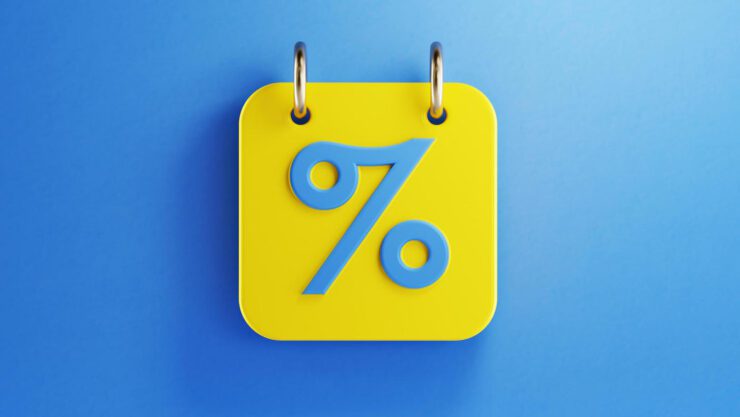
When thinking about the payback period, people tend to wonder how long solar panels last, and how long will it take for them to “payback “what’s invested in them. That right there is a payback period, and solar experts claim that it’s pretty simple to establish it. All you have to do is to divide the net cost of your solar system with electricity bill savings on an annual basis.
But bear in mind that you have the right to the federal solar tax credit which is 26 percent right now. So, for example, if you need to invest $20.000, you should subtract 26%, and that means you will be left with 14.800. Now let’s say that you manage to save around $100 each month on the electricity bill.
In order to get your payback period, you need to divide 14.800 with 1.200 ($100 saving x 12 months a year). Given the result is 12, that means it will take that many years to pay back what you invested. But that’s just a preliminary result, given there are other factors that can influence ROI.
Adjusting ROI for Income Taxes
When you think about ROI, you need to consider income taxes as well because that way, you will get a clearer picture of how good the decision to invest in a solar system actually was. Picture this – if you invest in a bond fund, for instance, all the dividends you get will be taxed.
But dividends you can get for solar panels will not. They come in the form of cost savings. So it’s pretty clear that everything works in favor of installing solar construction on top of your roof.
Will Solar Powered Home Pay Off?
The bottom line is – we cannot say that solar investment will pay off for every person who decides to place solar panels on top of their roof. There are many factors that need to be taken into consideration, and it can happen that for one household it is an absolute winning move, while for the one next door, the disaster.
If you want to be cautious and smart about it, calculate your ROI, and think about all the things we listed above. Take some time to really consider all of it, consult with some experts and friends who have a solar system installed, and then make a decision for yourself and your home.

